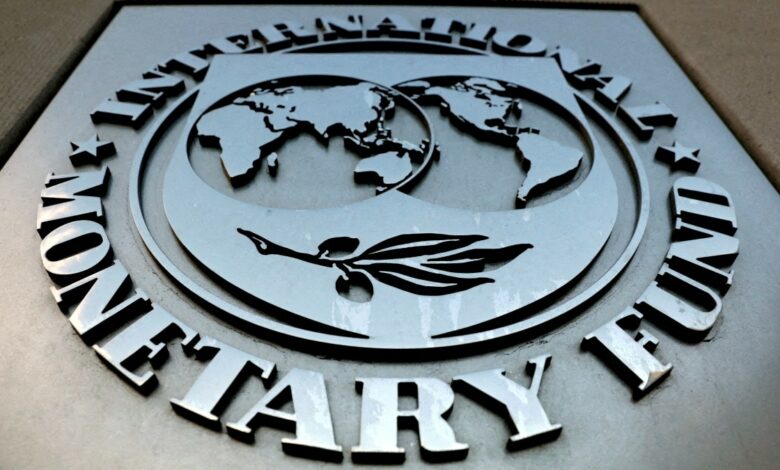Crypto industry’s carbon footprint is growing, policy adjustments needed: IMF

The International Monetary Fund (IMF) has published a new report highlighting the crypto sector’s growing carbon footprint and the need for controls. To address this, the IMF has proposed a significant tax hike for crypto mining companies to encourage the adoption of greener practices. According to the IMF’s latest estimates, crypto mining alone could generate 450 million tons of carbon emissions by 2027, accounting for 1.2 percent of the global total.
Two IMF officials, Shafik Hebous and Nate Vernon-Lin, have jointly proposed that taxes on crypto mining companies should be increased by as much as 85 percent to encourage the crypto mining sector to adopt cleaner practices.
“According to IMF estimates, a direct tax of $0.047 (approximately Rs. 3.95) per kilowatt hour would incentivize the crypto mining industry to curb its emissions in line with global goals. If we also take into account the impact of air pollution on local health, that tax rate would increase to $0.089 (approximately Rs. 7.47), which amounts to an 85 percent increase in the average electricity price for miners,” the officials said in a blog on August 15th.
Current Status of Carbon Emission Through Crypto Activities
The process of BTC mining is notoriously energy-intensive, so much so that the electricity demand for mining farms has disrupted power supplies in neighboring regions. According to the blog published on the IMF channel, a single Bitcoin transaction requires roughly the same amount of electricity as the average person in Ghana or Pakistan uses in three years.
Not only crypto mining, but also crypto data centers require heavy machinery to be plugged into a working power outlet at all times, contributing to the sector’s carbon emissions.
The blog claimed: “Crypto mining and data centers together accounted for two percent of global electricity demand in 2022. And that share is expected to rise to 3.5 percent in three years, according to our estimates based on projections from the International Energy Agency. That would be equivalent to the current consumption of Japan, the world’s fifth-largest electricity user.”
This environmentally-concerned feature of the Web3 industry, the blog argues, diminishes its social and economic benefits. For example, if taxes tied to cryptominers’ power consumption were to increase by 85 percent, the sector’s annual emissions could be reduced by an estimated 100 million tons.
Not just for crypto, but the IMF has also seen a spike in carbon emissions due to increased AI activity. The report said that ChatGPT consumes ten times more electricity than a single Google Search due to the sheer amount of electricity required for AI data centers.
Suggestions for policy makers
The IMF officials have asked regulators around the world to encourage companies working in crypto and AI to reduce the use of fossil fuels and look for greener sources of energy generation. The blog says that countries could implement a global carbon price of around $85 (roughly Rs. 7,136) per tonne by 2030.
“Supplementing electricity taxes with zero-emission credits, bilateral electricity purchase agreements and possibly renewable energy certificates would also help,” the blog said.
However, IMF officials have stressed that these environmentally friendly measures must be implemented in the same way around the world, otherwise these companies would simply relocate to regions with more lenient regulations.




